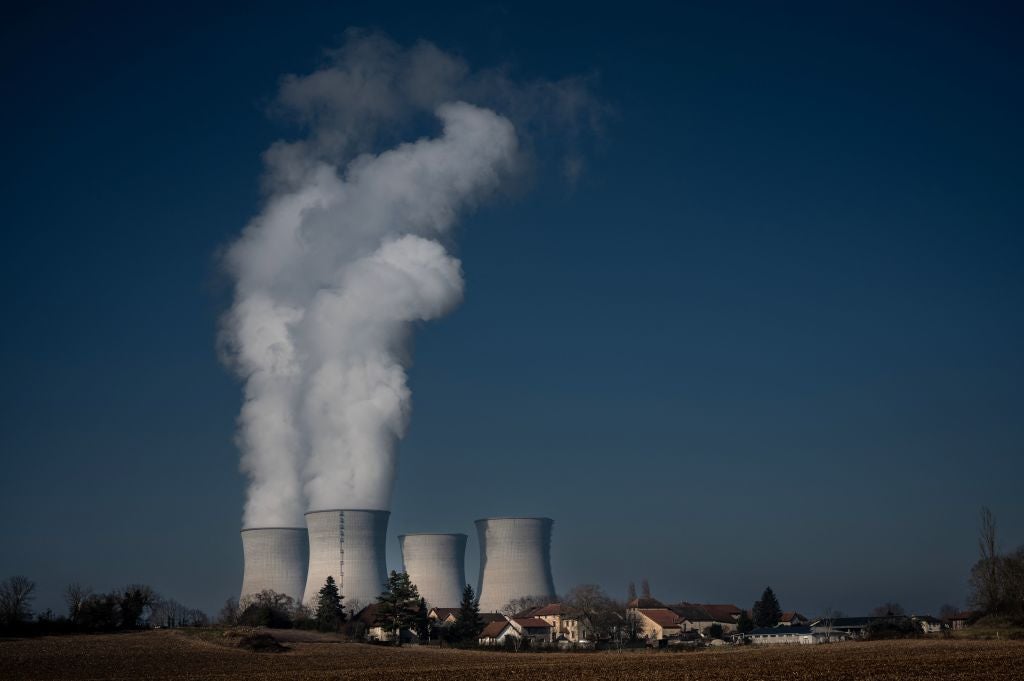
Climate change, decarbonisation and biodiversity are playing an increasingly significant role in investors’ portfolios, according to a global survey published by asset management company Robeco.
The 2022 Robeco Global Climate survey, which involved 300 of the world’s largest institutional and wholesale investors, explored how they are approaching the opportunities and risks associated with climate change.

Discover B2B Marketing That Performs
Combine business intelligence and editorial excellence to reach engaged professionals across 36 leading media platforms.
The findings of the survey show that climate change is now central to, or a significant factor in, investment policy for the majority of investors. Around 24% say that climate change is now at the centre of their investment policy and 51% say it is a 'significant' factor. These figures are set to grow in the next two years, with 46% of responders saying climate change will be at the centre of their investment policy in that time, and 38% saying it will be a significant factor.
Net zero becomes mainstream for investors
The survey also reveals that net-zero commitments are moving more into the mainstream. Nearly half of the investors surveyed have either made a public commitment to achieving net-zero greenhouse gas emissions from their investment portfolio by 2050 (27%) or are in the process of making this commitment (18%). Only 19% of investors have not made a commitment to net-zero carbon emissions by 2050 and do not currently plan to do so.
The research also reveals that the majority of investors that have made a commitment towards net zero come from Europe, followed by Asia-Pacific and North America.
How are institutional investors approaching the net zero goals?
The survey also found that insurance companies (43%) are more likely to have made a public commitment to net zero when compared with other investment organisations. Institutional investors (31%) were the next most likely, followed by wholesale investors (19%).

US Tariffs are shifting - will you react or anticipate?
Don’t let policy changes catch you off guard. Stay proactive with real-time data and expert analysis.
By GlobalDataThe majority of institutional investors (36%) are still investigating what making a net-zero commitment will mean for their investment portfolio and whether they could do this or not, according to the survey. In addition, 11% of them state that they have not made a commitment to the net-zero goal by 2050 and that they do not have plans to do so at this time. In addition, 16% of institutional investors responded that they are in the process of making a public commitment to the net-zero goal by 2050 but have not yet finalised this.
Divesting from carbon-intensive assets is another key focus for investors. The survey reveals that both institutional and wholesale investors say they will divest about one-fifth of their carbon-intensive assets within the next five years.
Investors focus on biodiversity
Investor awareness when it comes to biodiversity is increasing rapidly. Roughly 9% of investors are putting biodiversity at the centre of their investment policy, almost double the figure (5%) of two years ago. On top of that, the survey reveals that more and more investors are including biodiversity in their investment policies.
Nevertheless, despite investor interest towards embracing biodiversity, there are still issues with implementation.
The report states that “implementation still proves to be challenging due to a lack of research data, ratings and company information on biodiversity, say 50% of investors. Moreover, 43% see a shortage of suitable investment products and strategies as an obstacle to taking account of biodiversity, while 46% mention insufficient demand from end investors.”
The Covid-19 pandemic and Russia's invasion of Ukraine have caused investors to reassess their strategies over the past two years, but the growing focus on environmental issues in this time is reassuring as the 2030 deadline for the UN's Sustainable Development Goals moves closer.





